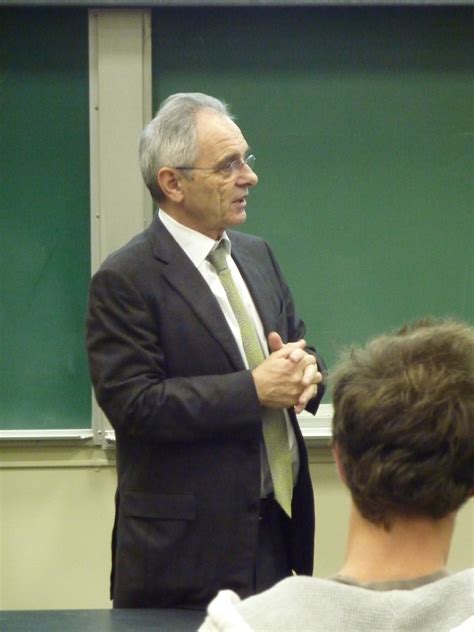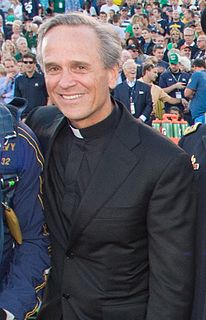A Quote by Jean-Louis Gassee
You know the people who have the bumper stickers that say "Windows 95 = Mac '89"? These are the faithful, and I respect their faith, but I would like to respectfully point out that faith is dangerous. Religion kills.
Related Quotes
Let people say whatever they like, stick to your own convictions, and rest assured, the world will be at your feet. They say, "Have faith in this fellow or that fellow", but I say, "Have faith in yourself first", that's the way. Have faith in yourself-all power is in you-be conscious and bring it out. Say, "I can do everything."
The truth is that my work - I was going to say my mission - is to shatter the faith of men here, there, and everywhere, faith in affirmation, faith in negation, and faith in abstention in faith, and this for the sake of faith in faith itself; it is to war against all those who submit, whether it be to Catholicism, or to rationalism, or to agnosticism; it is to make all men live the life of inquietude and passionate desire.
The word 'religion' is only a label. What lies behind that, the most important thing of all, is the word 'faith'. You either have faith, or you don't have faith, or you have degrees of faith - and if you have degrees of faith, then you become agnostic. You're kind of in-between, or you're on the fence.
We don't always possess faith in the sense of having a clear embodiment of something to hang on to. The relationship between the intellect and faith is a very curious one. Sometimes the intellect can point us to faith, sometimes the intellect can stand in the way of faith. Sometimes, as St John of the Cross points out, we have to darken or blind the intellect in order to have faith.
Right now in my life I spend much time dreaming over my visions of faith. I know this works. I would be a fool to ignore it. Remember, one of the mightiest keys in the Kingdom of Heaven is faith. Vision is a major part of faith, for we walk by faith and not by sight. Faith is directly contrasted to natural eye sight.
The world is full of people who have lost faith: politicians who have lost faith in politics, social workers who have lost faith in social work, schoolteachers who have lost faith in teaching and, for all I know, policemen who have lost faith in policing and poets who have lost faith in poetry. It's a condition of faith that it gets lost from time to time, or at least mislaid.
A faith in culture is as bad as a faith in religion; both expressions imply a turning away from those very things which culture and religion are about. Culture as a collective name for certain very valuable activities is a permissible word; but culture hypostatized, set up on its own, made into a faith, a cause, a banner, a platform, is unendurable. For none of the activities in question cares a straw for that faith or cause. It is like a return to early Semitic religion where names themselves were regarded as powers.































